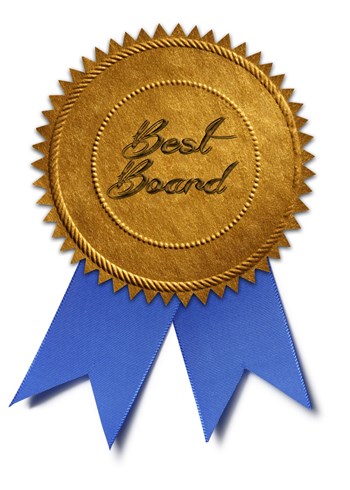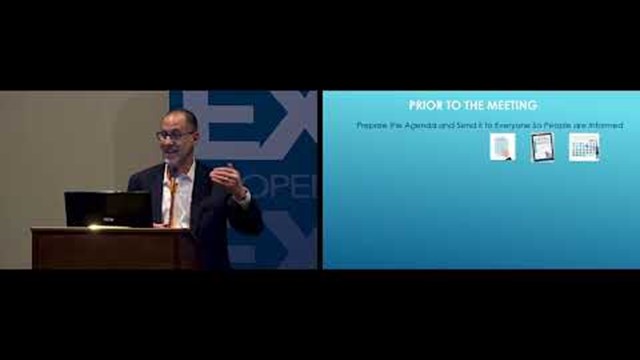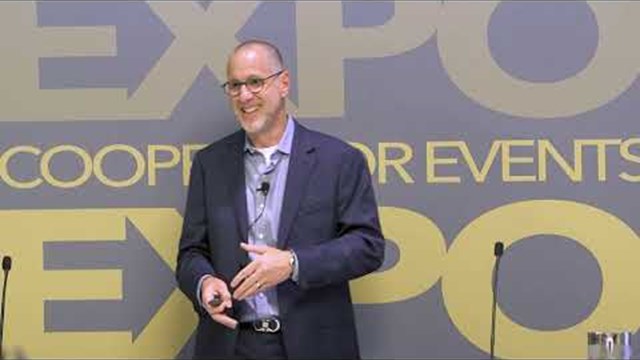
One of the most unforgettable events of 2012 was the arrival of Hurricane Sandy, which, according to the National Hurricane Center, resulted in approximately 147 deaths in the U.S., the Caribbean, and Canada, and at least $50 billion in property damage—not to mention leaving millions of people without power.
In New Jersey, some board members of a 52-unit townhome community were fortunate enough to have individual generators, while other homeowners in the association were cold and powerless. “The board members who had generators allowed other homeowners to use their units as warming stations, and even to stay in their homes,” says Joseph Balzamo, president of Alliance Property Management in Morristown, New Jersey.
This was a superb example of a board who cared about their residents beyond just making decisions in a conference room. The vast majority of co-op, condo and HOA boards do their best to govern and administer their communities fairly, effectively, and conscientiously – but some boards take their role a step further, going above and beyond simple fiduciary duty to really try and make their building or association the absolute best it can be.
“When you buy a condominium, it’s basically common living,” says Balzamo. “You are living in a community. Some boards are very, let’s just say, callous about the rules, the regulations, the fees, and the ‘this’ and the ‘that.’ But at the end of the day, these people are your neighbors, and you are all living there together and should all be looking out for each other.”
A board does not have to go to the extreme extent of the aforementioned New Jersey dwellers to show that they are an effective, functioning board, of course – they just need to simply do their job and do it well.
Electing a Great Board
Having a great board really starts at the time that the members are elected. “You need to have a group of individuals who bring different skills and experiences to the table, but can work together for the betterment of the property,” says Michael Berenson, President of AKAM Living Services, Inc., in New York City.
When electing board members, Berenson says that it’s important to choose those who come to the role with leadership experience. “The board members will be making decisions that will affect the entire building, so it is important they have the experience to make wise choices,” he says.
Drew Kanter, general manager and account executive of FirstService Residential New York, is the on-site general manager of 100 United Nations Plaza, a 237-unit building with a seven-person board where each board member chairs one particular committee. “These board members look after the big picture of their committee, and doing it this way divides up the responsibility,” says Kanter. “Sometimes, when you’re a property manager and you need a vote for every single issue, it can be challenging to move things along as quickly as you would like to. This way, when we have a sales or finance issue, we know which board member to engage – and that makes the processes very fluid.”
Kanter describes the board-management team as a well-oiled machine. “For example, the treasurer is also the chairman of the board’s finance committee, and we review financials every month to see why we have positive or negative variances that are larger than expected,” he says. “I also have an engineering committee chairperson who oversees all mechanical and back-of-the-house capital projects, and chairs weekly meetings with me and him and contractors and engineers.
Know Your Role
Kanter suggests that the roles of the board members are clearly defined. “Not just the officers of the board, but all board members,” he says. “However, a problem that a lot of property managers have sometimes is that you have board members who are not working collectively together. You have to be on the same page, and there has to be cohesiveness.”
And, according to Balzamo, there also needs to be great communication. “If the board doesn’t communicate with each other, it becomes chaotic,” he says. “What also makes a board work well is that they all have the same goal. They all recognize that what’s most paramount is the property, and the condition of the property and the value of the property. Those are three things that are most important: what the value is, what the condition is, and what your agenda is with it.”
He has seen some board members who want to be on the board for their own monetary reasons. “For example, a board member is an investor, and wants to rent one of his properties out, so he is on the board to keep the maintenance fees low so that he can keep the rent high. He’s not really interested in the building. He’s really just interested in his personal agenda and his pocket.”
Great Boards, Effective Meetings
With board members who are good leaders, meetings tend to be more effective and productive.
“In my experience, the most effective boards are those that adopt and follow more of a formal protocol for meetings,” says Robert Rissetto, Director of Management Operations with the New York City-based firm Argo Real Estate.
This starts with the managing agent’s distribution of a management report well in advance of the meeting, draft meeting minutes, and a comprehensive agenda. “The management report should provide written – but brief – updates on all of the important issues,” says Rissetto. “The more comprehensive the report, the less time wasted in general conversations, which frequently allow boards to drift off topic and further prolong meetings.”
Rissetto says that the board does not have to follow Robert’s Rules of Order, but the more formal and organized and the less social and spontaneous the board is, the better.
“The managing agent should direct the meeting and rely upon the board president to present issues from the agenda that require the board’s attention or decision,” he says. “The managing agent should be prepared and well-versed on all issues. Topics should be introduced, questions answered, and decisions made. Each topic should not take up more than 10 minutes, and the manager and board president should direct and keep the discussion on topic.”
Having board meetings with light snacks and beverages are fine, but Rissetto discourages meetings with full dinners. “They become more of a social gathering and tend to extend all issues and overall the duration of meetings,” he says. “Some effective boards even make wine available, because this tends to create a more relaxed atmosphere but does reinforce that it is a residential neighbor/community meeting. It reminds all that this is more about trying to help each other, versus establishing territories and pursuing private agenda items.”
Board members also need to embrace change. “They can’t be stuck in their ways,” says Berenson. “Taste and technology are constantly changing and properties need to stay current in order to remain competitive. Amenities and interiors need to be reviewed every year to make sure the property isn’t falling behind the market.”
As far as a board’s effectiveness with issues, Rissetto says that there is much self-policing and guidance by the manager and board president to keep topics in focus. “It is hard to get seven people to agree on a pizza flavor, so it’s unrealistic to expect them all to agree on big decisions, especially those that are aesthetic in nature.”
He says that boards should avoid getting bogged down or allowing board members from engaging in divisive, confrontational, accusatory or non-relevant behaviors. “Professional, focused, structured and respectful meetings are more likely to result in the best outcomes with the least amount of anxiety and wasted time,” he says. “I have seen boards review and decide on a multimillion-dollar facade project, but bog down for hours on a new doorman uniform design. Setting realistic and appropriate expectations will go a long way towards enhancing board member harmony and the overall board experience.”
Resources
If the board needs improvement, they should first look within their own management company for resources. Many management companies and some law firms offer their boards seminars on a variety of topics including energy efficiency and condo and co-op law. “You’re a board member of an expensive and pricey asset, and being familiar with all the nuances that go into managing this sort of building its important,” says Kanter.
Overall, Rissetto says that boards that can make and stick to a plan, work effectively with a well-versed and prepared managing agent allowing them to direct meetings, and whose board presidents keep discussions limited and on topic, tend to be much more effective–and a much-less stressful experience for all.
Lisa Iannucci is a freelance writer and longtime contributor to The Cooperator.









Leave a Comment